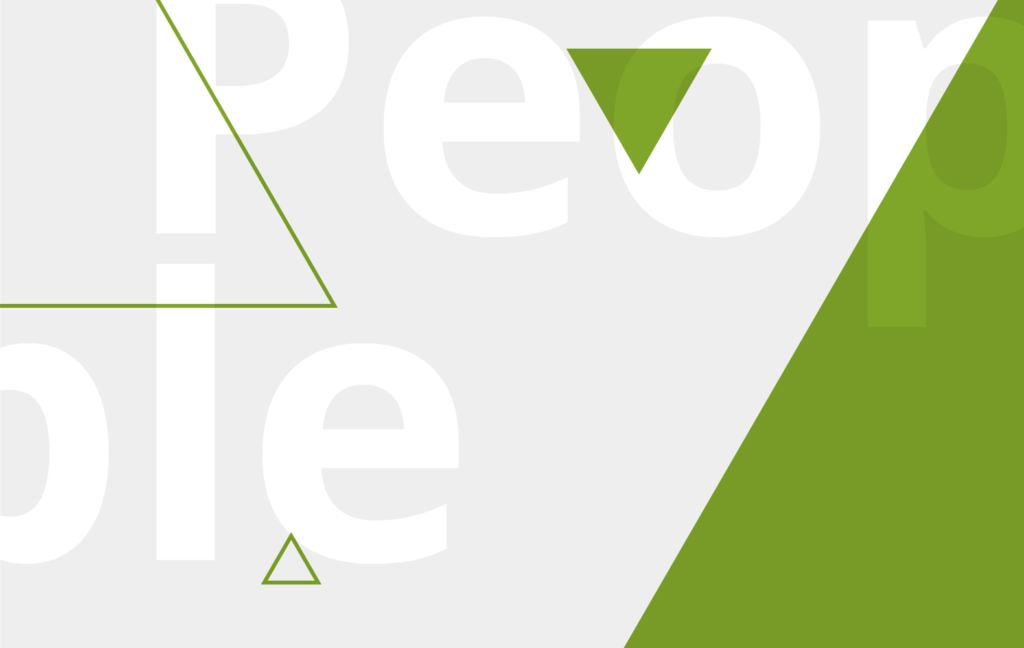29 October 2018 – These are just some of the questions that researchers moving into their first group leader position face. And often they have received little to no training during their PhD and postdoc in how to answer them. The list only gets longer as the group grows, including questions about improving the team’s effectiveness and ensuring that multiple projects stay on track and support the lab’s overall goals.
The EMBO Young Investigator Programme offers its participants a range of opportunities to develop the skills to address these questions. These include participation in the EMBO Lab Leadership Courses, opportunities for mentoring by an EMBO Member, and exchange with other young group leaders at the annual Young Investigator Meeting.
Time away to learn and reflect
This year, the programme extended the support on offer by introducing a Young Investigator retreat, which took place in September at Villa Vigoni, a centre for promoting scientific exchange funded by the German and Italian governments located at Lake Como in Italy. Programme Head Gerlind Wallon explains: “We hear first hand about the different challenges that scientists face when they first transition to leading their own group. With the retreat we wanted to offer them an opportunity to attend a range of soft-skills training courses with the goal of providing a set of knowledge and tools to address these questions.”
“Instead of offering a week-long course, we decided to develop a programme that allowed attendees to pick and choose the sessions most relevant to them,” continues Wallon. In addition, this meant that the participants could also use the retreat to spend time away from the daily demands of the lab to work on grants or write manuscripts.
Learnings that apply to everyday scenarios
49 Young Investigators attended sessions during the week-long retreat. The programme included different courses from the EMBO Lab Leadership portfolio. In addition, the participants were able to take part in several new courses that were being piloted, including Portfolio Management, Self-Leadership in a mixed gender group and Design Principles. The feedback obtained from the participants will help EMBO to further develop the courses into something that is useful for the life science community.
Jan-Willem Veening from the University of Lausanne, Switzerland, attended the retreat to have some time away from the demands of the lab and family life in order to reflect and to use joint meals to network with other young group leaders.
He also joined the ‘Applying design principles to schematic figures’ workshop to get tips on how to create powerful schematic figures. He not only enjoyed the workshop, but was also able to immediately put his learnings to use on return to the lab. “I am working on a manuscript for which I needed a schematic to introduce the experiments and idea of the study,” says Veening. “I made a rough sketch of the main components and wrote the figure legend. Then, as we learned in the workshop I let my team come up with ideas for the figure in pairs, which we discussed afterward. Once I showed them my own design, we implemented the best concepts.”
He adds: “As a team we made a great figure. And we now plan to do this for all our schematic figures in the future – it is super effective and utilises everyone’s creativity.”
Space for own discussions
The retreat also enabled participants to bring their own suggestions for discussion sessions. Several Young Investigators had previously suggested topics they would like to discuss among this group. These were integrated into the retreat as informal evening discussions. The topics included how to hire the best people into a relatively new lab, the pros and cons of a using a‘sandpit approach’ to encourage free thinking in order to generate new scientific ideas, and the usefulness of an advances statistics course for PIs.
One of the hosts of such a session was Ana García-Sáez, a group leader at the University of Tuebingen, Germany, who wished to tap into the expertise and experience of her peers. Her session offered a forum in which herself and one other participant could practice their European Research Council grant proposal presentations and receive feedback from the audience.
“I thought it would be useful to rehearse my presentation in front of people that I am not familiar with,” explains García-Sáez. And the session seemed to have hit a nerve. With this being scheduled at the end of the retreat, she did not expect many participants. But, she says, most Young Investigators joined and “had very good suggestions in terms of format and style, but also from the content point of view, which helped me make the presentation clearer.”
García-Sáez says she “considered my session a success.” Overall feedback from the attendees was very positive. “It was great to hear that the participants felt the retreat was time well spent,” says Gerlind Wallon. “We are already thinking about a repeat event in two year’s time.”



